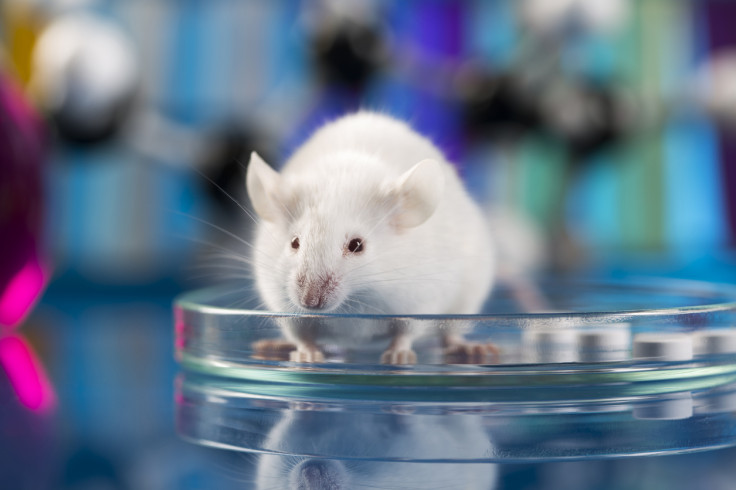Having a great sense of smell makes mice fat – but not because they eat more
It's not just about how much you eat and exercise, how you perceive calories matters for weight loss.

Losing their sense of smell makes mice lose weight, while mice with a very good sense of smell tend to get fat – even if both eat the same amount of food, a new study finds.
It's a depressing thought: having a good sense of smell might make you fatter. The study, published in the journal Cell Metabolism, has found that it's not just about how much food is consumed, but how it's perceived that affects weight.
If the finding applies to humans it would be a deeply cruel quirk of biology. People most able to enjoy the aroma and sensation of food would be fatter as a result of their pleasure, even if they eat no more calories than others with a worse sense of smell. But – thankfully – it's not yet certain that this applies to humans too, as the phenomenon has only just been discovered in mice.
Scientists at the University of California, Berkeley, set about testing how mice engineered to have no sense of smell fed. They used mice given a diphtheria toxin, which causes them to lose their sense of smell.
These mice seemed to have the same appetite as their counterparts with normal olfaction. They digested, absorbed and excreted their food in just the same way too. They even tended to move around and exercise as much as the other mice.
But nevertheless, these mice on a high-fat diet weighed about 16% less than the mice that could smell. On a normal diet, the mice without a sense of smell were also thinner than their ordinary counterparts, although the effect was less
"I never expected turning off smell would have such dramatic weight-loss effects," said study author Andrew Dillin in a statement.
The reverse is true for mice engineered to be 'super-smellers'. These mice had highly sensitive noses. They ate no more than the skinny mice that couldn't smell, but got a lot fatter.
"Weight gain isn't purely a measure of the calories taken in. It's also related to how those calories are perceived," said Dillin.
But how is it possible to get fatter without eating more calories? Will eating with a nose-peg become the latest diet fad? The exact mechanism for how it works in mice is not yet known, but it's thought to involve the way mice metabolise fat.
The mice with no sense of smell appeared to boost the mice's brown fat. This is a type of fat involved in generating heat using the energy we get from food. So the mice that couldn't smell ended up burning more calories through brown fat activity.
Potentially good news for humans is that we have less brown fat for our body size than mice do, so it's possible the effect may not apply to us to the same extent, even if the same mechanism is at work.
© Copyright IBTimes 2025. All rights reserved.






















